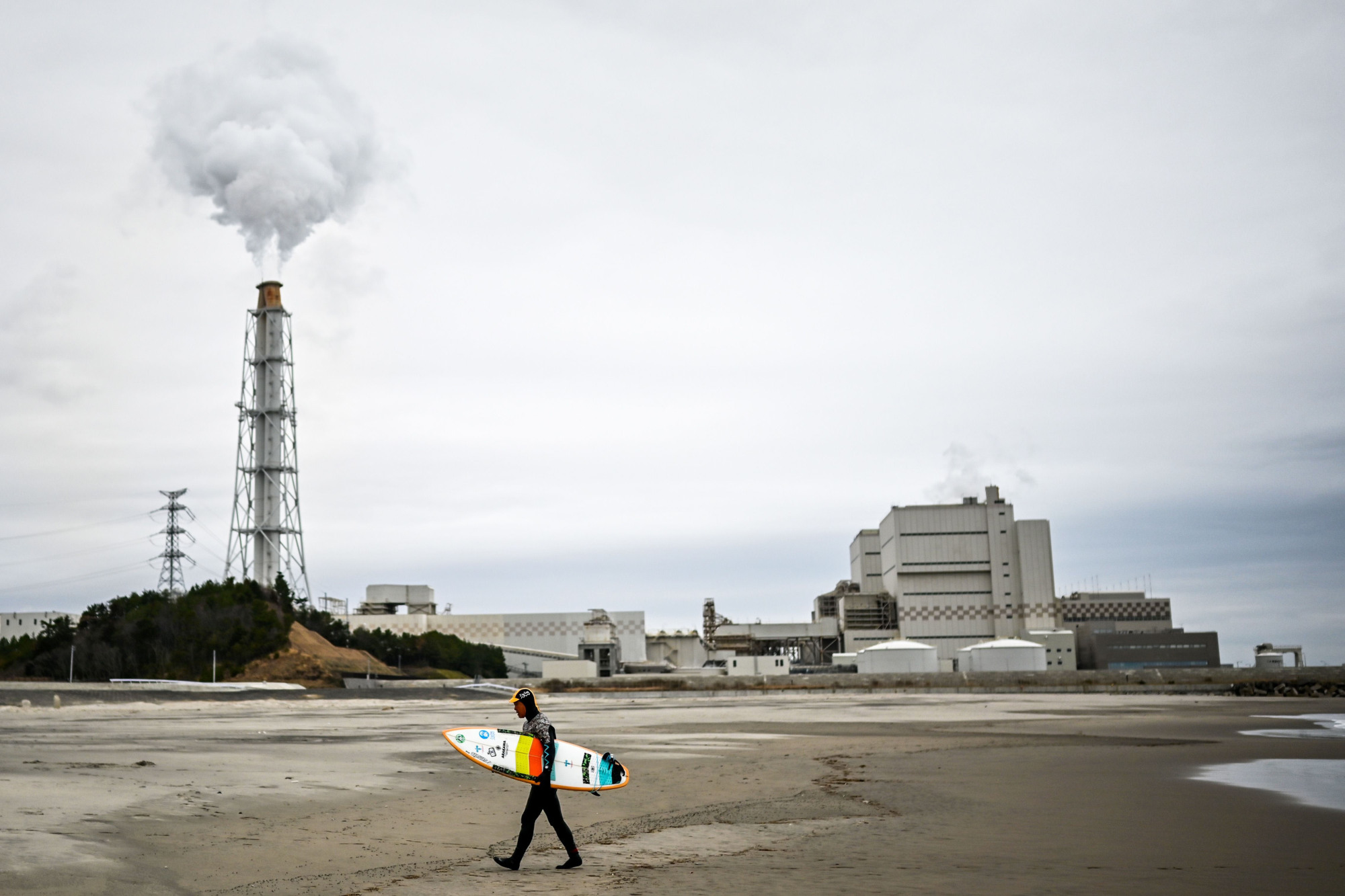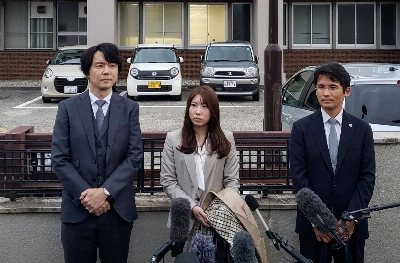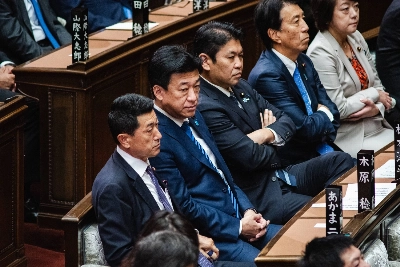The energy sources for generating electricity in Japan have undergone dramatic changes since Tokyo Electric Power Company Holding's Fukushima No. 1 nuclear power plant suffered core meltdowns after it was flooded by the tsunami in the March 11, 2011, Great East Japan Earthquake.
Since 1995, nuclear power has accounted for around 30 percent of the nation's electricity. But the share of nuclear energy plummeted to 1.7 percent in 2012, and all nuclear power plants across the country were shut down in 2014. What made up for the loss of nuclear power were energy-saving efforts, natural gas-fired thermal power plants and renewable energy.
Utilities in Japan had long been positioned as public service businesses guaranteed regional monopolies. Deeming nuclear power as a quasi-domestic source of energy, the government made it a key pillar of its energy policy to promote the construction of nuclear power plants to increase the nation's energy self-sufficiency and to reduce per-unit cost of power generation (to prevent power rates from increasing). The power companies, as public service firms, had no choice but to follow the government's policy.



















With your current subscription plan you can comment on stories. However, before writing your first comment, please create a display name in the Profile section of your subscriber account page.